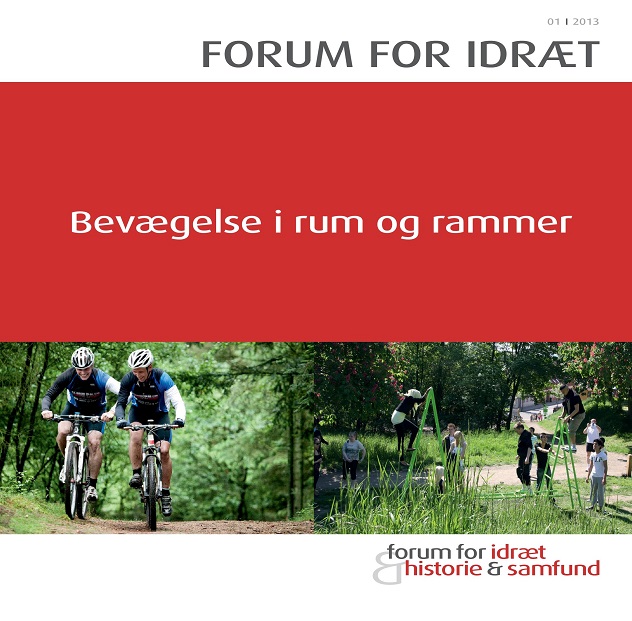’Tilgængelighed’ til idræt for børn i udsatte boligområder
DOI:
https://doi.org/10.7146/ffi.v29i1.31634Resumé
The accessibility to sport within socially deprived residential areas
The aim of the analysis is to highlight the significance of ‘accessibility’ to sport for children’s sports participation in deprived residential areas. A distinction is made between three dimensions of ‘accessibility’: Physical accessibility, organizational accessibility and psychological accessibility. The analysis is based on a comprehensive study of sport participation and sports facilities in six deprived neighborhoods. The study includes children’s responses to a questionnaire, observations and interviews. As regards the physical accessibility the analysis cannot identify a clear correlation between the number of facilities in or close to the residential area and the proportion of children who participate in sport. The study however shows that physical closeness to major facilities like swimming pool and multi-purpose indoor facilities have a significant impact on the participation in sport. The analysis of the organizational accessibility shows very clearly that participation in sport in an association depends on the existence of sport clubs near residential area. It is perhaps not surprising, but it’s probably much more important for the children of parents who do not have many resources and do not know associational life – and therefore not are able to help the children to go to sport in clubs outside the residential area. The psychological accessibility, ie. the experience of a sports facility as safe place, seems to depend on whether the place where the facility is located, is perceived as a safe place. Facilities at schools and sports clubs that kids feel great confidence in, are perceived as safer than facilities, which the children do not know well and primarily use for self-organized activities.
Downloads
Publiceret
Citation/Eksport
Nummer
Sektion
Licens
Forfattere, der publicerer deres værker via dette tidsskrift, accepterer følgende vilkår:
- Forfattere bevarer deres ophavsret og giver tidsskriftet ret til første publicering, samtidigt med at værket er omfattet af en Creative Commons Attribution-licens, der giver andre ret til at dele værket med en anerkendelse af værkets forfatter og første publicering i nærværende tidsskrift.
- Forfattere kan indgå flere separate kontraktlige aftaler om ikke-eksklusiv distribution af tidsskriftets publicerede version af værket (f.eks. sende det til et institutionslager eller udgive det i en bog), med en anerkendelse af værkets første publicering i nærværende tidsskrift.
- Forfattere har ret til og opfordres til at publicere deres værker online (f.eks. i institutionslagre eller på deres websted) forud for og under manuskriptprocessen, da dette kan føre til produktive udvekslinger, samt tidligere og større citater fra publicerede værker (se The Effect of Open Access).





